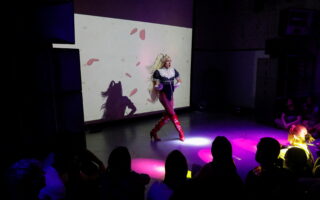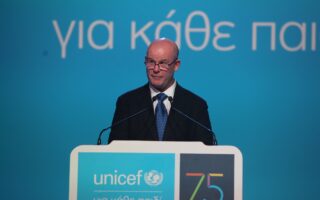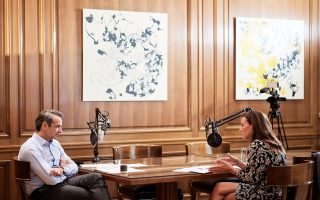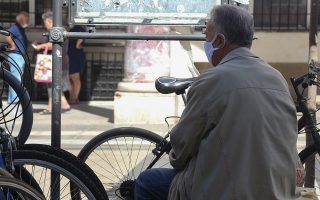Striving for an accepting society
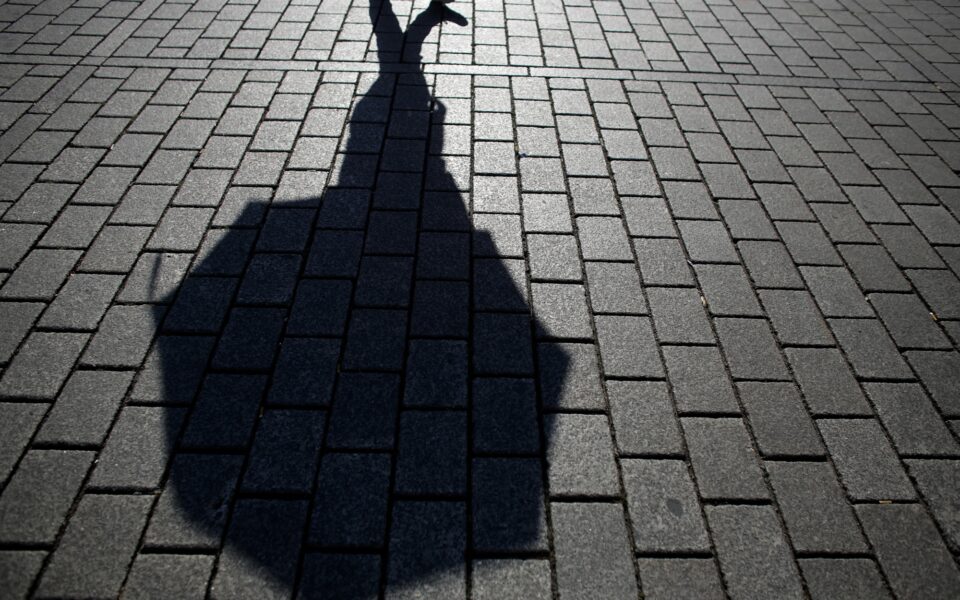
Los Angeles International Airport, late 2005. My parents, sister and I were heading home to London after a two-month stay in La La Land. I’d just had the last of my major reconstructive surgeries. Having been born with severe craniofacial anomalies, which included craniosynostosis, a bilateral cleft, hypertelorism, a Chiari I malformation and profound hearing loss, among many other issues, I’d waited all my life for this moment. Finally, after nearly 50 reconstructive surgeries and an unbelievable transformation in my appearance, it was over. A 21-year-old young man now had his life in front of him without another operation to prepare for.
What slowly began dawning on me in the months that followed was that this was actually the problem. I’d spent my entire life waiting for this moment. But here I was still feeling unhappy with the way I looked. And it would take a good few years to overcome much psychological anguish before I realized that – cliche as it sounds – the problems were internal. I simply hadn’t realized this before – all the emphasis had been on fixing the external problems.
My surgeries began almost immediately to correct the cleft – my first major operation took place in London, which was followed by a life-threatening bout of bacterial meningitis, brought on by hydrocephalus. In between the constant surgeries, I underwent intense speech therapy from a young age, made all the more difficult because of my hearing loss. Despite my continuous surgeries, my parents were determined for me to have as normal a childhood as possible. Inevitably, though, my education was constantly interrupted, aside from a period during my adolescence when there was pause to allow me to reach maximum facial development. That pause would take its toll psychologically. All in all, my surgeries took us to Paris, Milan, Chicago, Houston and finally Los Angeles. Thanks to my parents’ never-ending determination and leaving no stone unturned, I was fortunate enough to have been operated on by some of the best reconstructive surgeons in the world.
Going back to that trip home to London after my last major surgery in Los Angeles, I couldn’t foresee the tough years of self-discovery that lay ahead. Now a married man in my mid-30s, it’s so simple to analyze and assess that time. I’d effectively missed out on my adolescence. Because I’d been through so much in terms of surgeries, I was now a young man trying to play catch-up and having occasional tantrums that you’d often see in a teenager. My confidence was at a low ebb. Socially I remained awkward and acutely aware of my speech and hearing loss when meeting people. I was however blessed with a close-knit circle of friends from childhood. I remained a very closed character. My sister knew of my struggles, but even her occasional gentle prodding to open up to her wouldn’t yield any results until later on. I ultimately realized it was down to me to find my way, but I know now that the path would have been much easier if I’d spoken up more. Despite it all, I felt a sense of pride in deciding to attend university and graduate as well.
There was no real catalyst which led to the turning point, just a combination of time, reflection and learning from past mistakes, but I remember the period when I felt a newfound sense of contentment and it was no coincidence that I’d begun to be more open about my struggles.
There was no real catalyst which led to the turning point, just a combination of time, reflection and learning from past mistakes
Despite those tough times during my early 20s, they don’t compare to my adolescence when the psychological impact of living with facial differences hit me full on. My high school years were by far the toughest of my life. My decision to finally delve into motivational speaking stems from that time. Being a teenager can be tough enough in itself, but being a teenager looking “different” is a whole other ball game and I’m so determined to be there – to be a voice – for those who might be going through what I experienced at that age.
We, as a society, are now so much more aware of the struggles faced by those of us with facial differences. Mental health organizations continue to spring up. Groups that offer both emotional and financial support to adults and children living with facial differences – virtually nonexistent when I was born – are equally accessible and I’m honored to be involved with a few of them. But for all our progress, there’s much to do. Those living with facial differences continue to face discrimination, a fact which is unacceptable in 2022.
I, of course, would never want to create the illusion that I’ve eradicated all my insecurities. We all have insecurities, but it’s about how we deal with and face up to them. A tolerant and accepting society is what we all strive and yearn for. We have made massive strides, but there’s much more to be done.
Christian J. Hadjipateras is a London-born writer and keynote motivational speaker.

